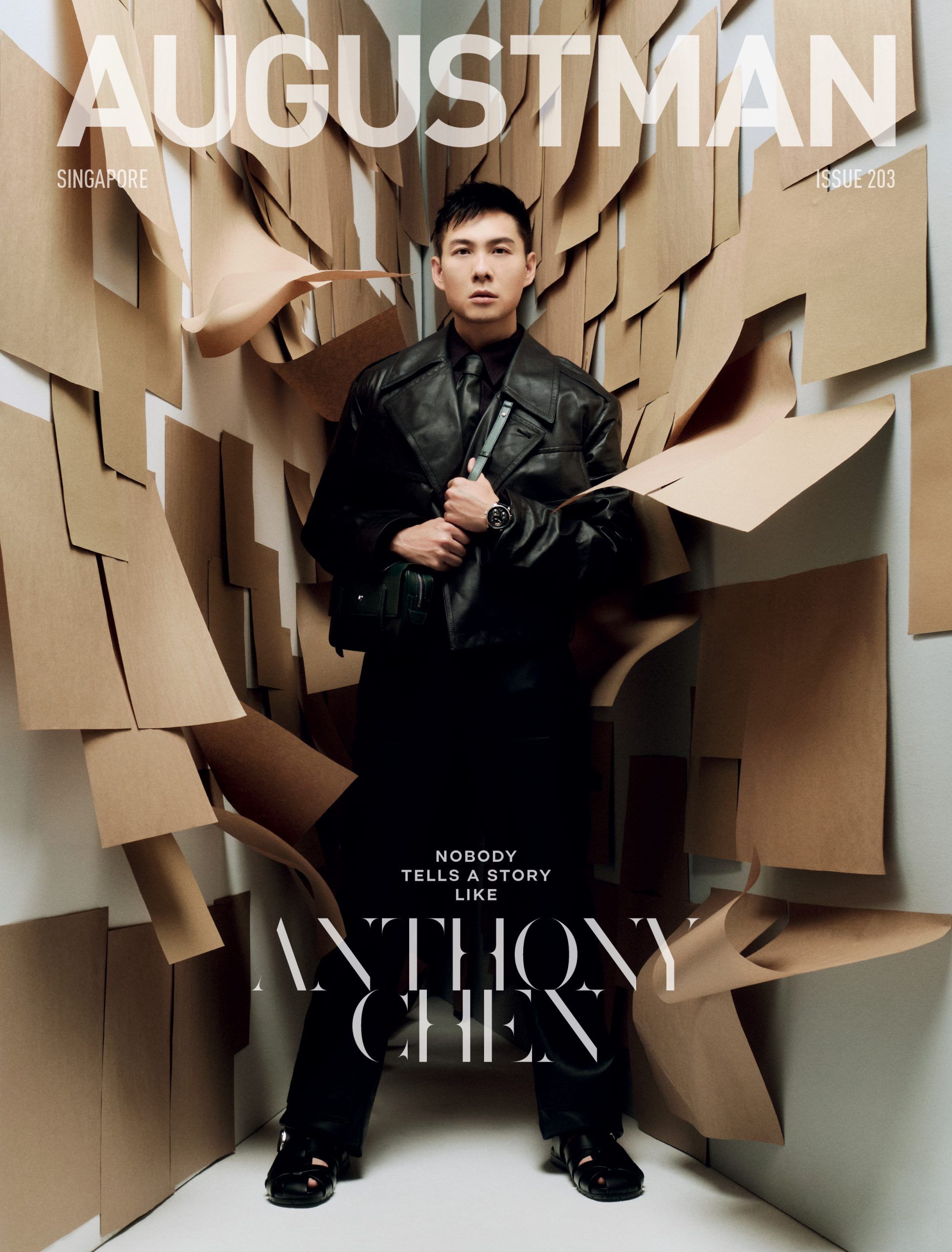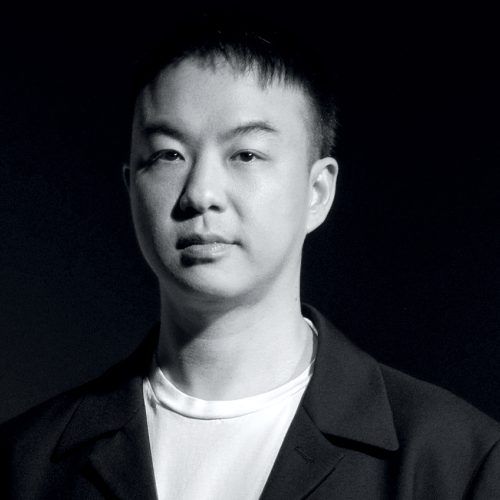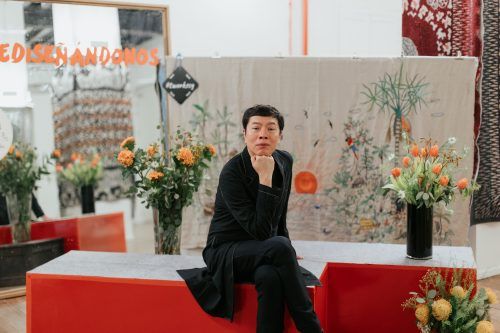Baz Luhrman’s Romeo + Juliet is an enduring cultural classic, almost 30 years on, his provocative adaptation is still miles more palatable than a traditional reading in a classroom and why is that? In groundbreaking fashion, Luhrman translated Romeo & Juliet for the MTV generation and updated its outmoded iconography, its 400-year-old settings give way for 90s California’s Venice Beach where swords gave way to guns (made by Sword Corp. so they’re still saying “lift up your Swords”), the messengers are Fedex delivery drivers and your prologists are TV newsreaders. Hence, what we can surmise is that Elizabethan English is not so much foreign to modern readers but rather the challenges in reading Shakespeare lie in the literary allusions to classical mythology to which modern eyes have little to no frame of reference (unless you’re a nerd or geek and then how many of us identity in that sub-culture?)
Singapore Repertory Theatre’s Shakespeare in the Park looks to do the same with the bard’s most popular comedy – A Midsummer Night’s Dream. Under the night sky in Fort Canning Park, the historic environs of Athens have given way to Athenia power-plant, a subtle reference to Athen’s repute as the leading city in the first millennium BC whose cultural achievements inspired modern democracy and western civilisation. That said, like the classic literary text you knew (and maybe dreaded), the Fairy King and Queen are at war, four young lovers have eloped to the forest, and a group of tradesmen are rehearsing a play. Like Luhrman’s adaptation, Elizabethan English reigns supreme but its modern context help with interpretation where the enchanted dreamscape is quite literally reflected in a flooded stage as the power plant “vents” with Puck’s mischievous machinations. Augustman caught up with Artistic Director Gaurav Kripalani and Actor Ghafir Akbar after opening night for an insider’s perspective on Singapore Repertory Theatre’s A Midsummer Night’s Dream.

Shakespeare in the Park: A Midsummer Night’s Dream
“Shakespeare wrote plays for the people not textbooks”, and textbook learning of literature MOE style have scarred many of us, how did you go about re-envisioning Midsummer’s Night Dream?
SRT Artistic Director Gaurav Kripalani: The beauty of Shakespeare and the reason why his plays are still performed 500 years later is that the themes are universal. By contemporising the setting, we have made A Midsummer Night’s Dream relatable. And we have made it fun!
What was your vision for reinterpreting the city of Athens and its wooded surrounds as a “power plant”? Also, is it an inference of how the city laid the foundations for western culture since 5 BC?
Guy Unsworth, our director, and Richard Kent, our set and costume designer, both worked with us on Julius Caesar five years ago, so have a familiaty with Fort Canning Park and with Singapore. Knowing we are a major oil refining centre in the world and having seen smoke billowing from the refinery stacks, they felt this was the perfect backdrop to address the issue of sustainability by allowing the dream world to be the inverse mirror of reality.


You spent a lot of money on this specific set – did you have a lot of difficulty getting buy-in from the team? Other than the blatantly apparent symbols like the water faucets turning the stage into a fairy world with a “mirror image” reality, what were some of the story elements that the audience should look out for that are rich in symbolism?
One of the main inspirations for this particular staging was Titania’a monologue near the start of the play.
She is referencing climate change, which Shakespeare addressed five centuries ago! If we don’t behave, there will be havoc wrought.
In our version, Puck floods the stage to reveal the magical fairy land which the 4 lovers escape to. When they wake from their dream and return, the see the world differently and want to make it a better place.
Act II, scene 1
These are the forgeries of jealousy:
And never, since the middle summer’s spring, Met we on hill, in dale, forest or mead,
By paved fountain or by rushy brook,
Or in the beached margent of the sea,
To dance our ringlets to the whistling wind,
But with thy brawls thou hast disturb’d our sport. Therefore the winds, piping to us in vain,
As in revenge, have suck’d up from the sea Contagious fogs; which falling in the land
Have every pelting river made so proud
That they have overborne their continents:
The ox hath therefore stretch’d his yoke in vain, The ploughman lost his sweat, and the green corn Hath rotted ere his youth attain’d a beard;
The fold stands empty in the drowned field,
And crows are fatted with the murrion flock;
The nine men’s morris is fill’d up with mud,
And the quaint mazes in the wanton green
For lack of tread are undistinguishable:
The human mortals want their winter here;
No night is now with hymn or carol blest: Therefore the moon, the governess of floods,
Pale in her anger, washes all the air,
That rheumatic diseases do abound:
And thorough this distemperature we see
The seasons alter: hoary-headed frosts
Far in the fresh lap of the crimson rose,
And on old Hiems’ thin and icy crown
An odorous chaplet of sweet summer buds
Is, as in mockery, set: the spring, the summer, The childing autumn, angry winter, change
Their wonted liveries, and the mazed world,
By their increase, now knows not which is which: And this same progeny of evils comes
From our debate, from our dissension;
We are their parents and original.
Did you think the production could have gone further ala Baz Luhrman? Would you have wanted to if you had to redo this?
Baz Luhrman is a great reference! I actually think he would love this production.
If you had to spend this amount of money again, what production would you splurge on down the road?
The current plan is that our next production in the Park will be Hamlet. That really is the ultimate Shakespeare play. Interestingly, we have received lots of requests to stage a musical in the park next.


Actor Ghafir Akbar plays Oberon and Theseus in Shakespeare in the Park
Oberon like Theseus is a contradictory character. You play both, what character inflections and traits were you specifically looking for as you embodied both?
Guy Unsworth (the director) borrowed the idea of “upside down” from Stranger Things, to help us make sense of the parallels between the real world and the dream/fairy world. Characters might appear contradictory when tactics change, but to them each speech and action is motivated by one objective. So when pairing them together, it became obvious that one is the upside down of the other. What Thesus cannot do, Oberon can do with ease. Even physically, Theseus is more calculated while Oberon flows like water. So, that made the journey playing these two roles more exciting and fulfilling. They both want the same things: power, legacy, family. But both men let their ego and drive blind them to things that are more important. It doesn’t make them bad men, they are just pursuing their goals no matter what the consequences might be. I see many of these characters in our news daily.
In terms of personality, who would you feel is a better alter-ego for your real life persona?
I’m probably closer to an Oberon. Creative, warm blooded, expressive, passionate, can’t sit still, a nomad… But I have to admit, I love playing Theseus. His intent is good, he just doesn’t express it the right way. And that’s why he appears villainous. It’s satisfying when he goes through that “change” (no spoilers!)

Shakespeare is daunting to many (even those who took lit in school), where is your comfort zone with the material?
It doesn’t come to me naturally. It’s something I have to work at. I don’t get to do it often enough to have a sense of familiarity as I do now that the show is opened. But Shakespeare wrote the play for actors, so once you know his intent, it flows through the mouth so beautifully. My job is to use what he has written and imbue it with meaning, imagery, and motivation so the audience can understand what I am saying, even if they don’t know what the words mean. You don’t need to worry about understanding everything; Shakespeare is meant to be watched, not read. And we have built a fantastic production that is a feast for the ear and the eye!
‘Ye olde’ English has a different syntax structure, typically actors have to find a rhythm with the script, how did you manage to find yours?
Shakespeare is brilliant because the syntax structure isn’t there to make life hard for us, it’s there to help indicate meaning or stress or story. You have to say the words out loud and the breath will help you break the Yoda-speak down and it will become clearer. This play is the best-of of Shakespeare. It is written in verse (used by characters of a higher class), prose (lower class), and rhymes (used in heightened moments). So when your ear hears “ye olde”, it shifts the way your brain processes the story and character.
With the industrial setting, did you think the production could have gone further ala Baz Luhrman?
The design convention of the theatre differs to the medium of film. You can go hyper realistic on screen. Theatre demands more suspension of disbelief and the audience’s imagination. The industrial oil refinery design mimics the coastal landscape of Singapore and when it moves to the fairy world, audiences are asked to see the chimneys become trees. Pipes become tree trunks. Steps become mounds of dirt. To me that’s more exciting, more artistic. As actors, I get to place my own imagination onto my playing space. It makes my world more fun to see and play in. But Richard Kent (the production designer) spared no detail. If you look at the stitching of the fairy costumes, for example, you can see what he’s trying to say in his design. When you see the way the stage floor is painted, it reveals the history of this oil refinery. I think this production presents a fresh and contemporary version of A Midsummer Night’s Dream built specifically for today’s Singapore audience.











